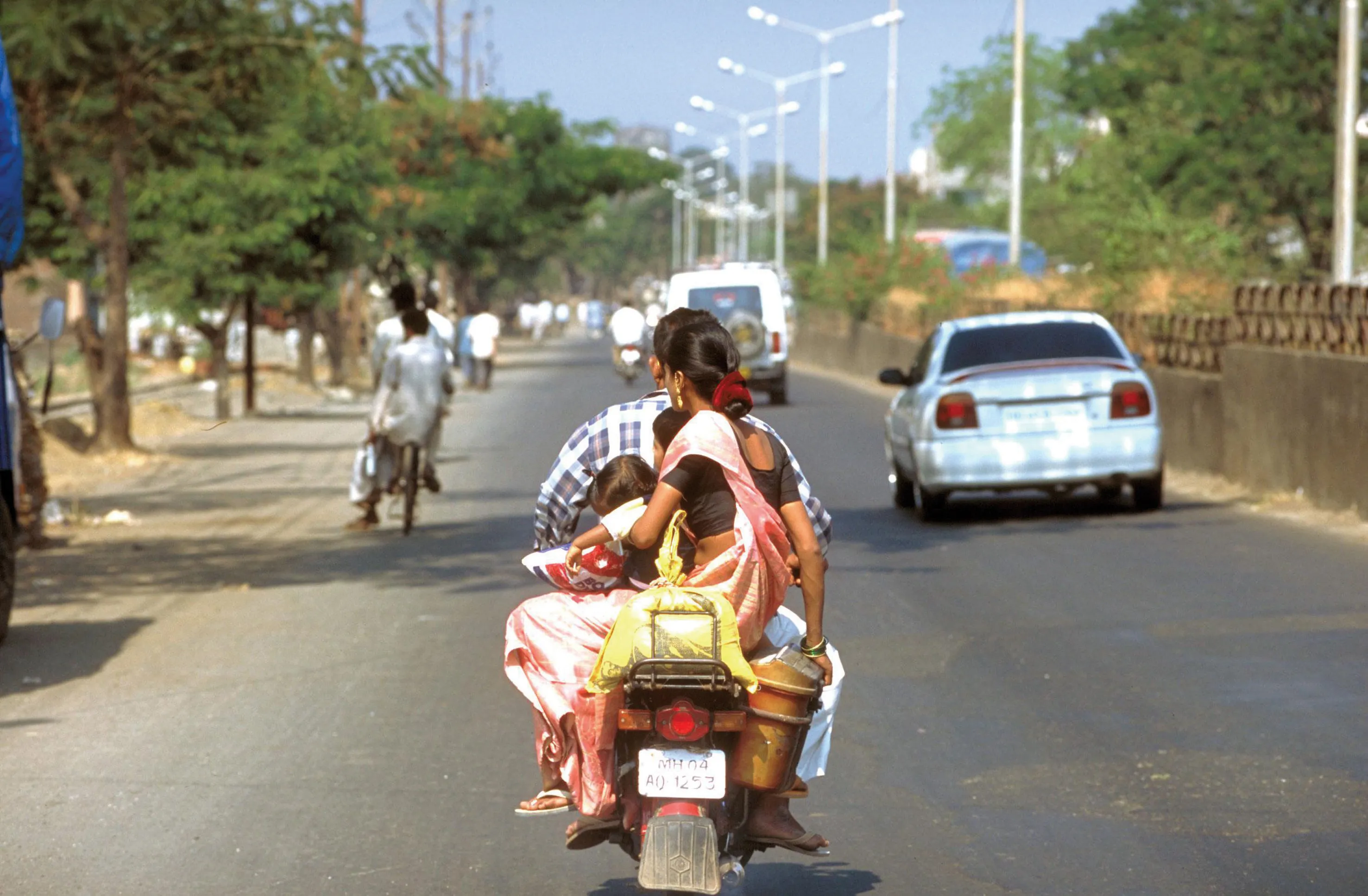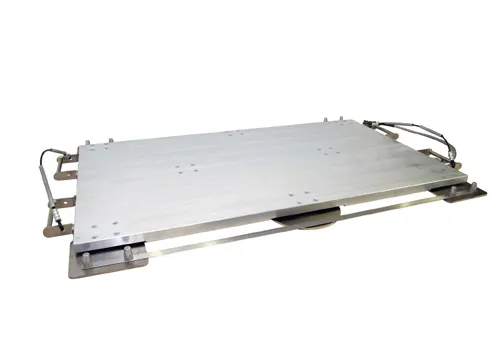TISPOL operations focusing on truck and bus safety across Europe have yielded major safety benefits, as well as tackling criminal offences. The police work targeting trucks led to the discovery of nearly 1,200 illegal immigration and human trafficking offences. The action followed checks on nearly 140,000 trucks across 27 countries. A total of 44,859 offences were detected, including 421 drivers charged with alcohol and drug offences, 5,054 offences of exceeding the speed limit and 5,074 instances of driver
September 18, 2014
Read time: 2 mins







